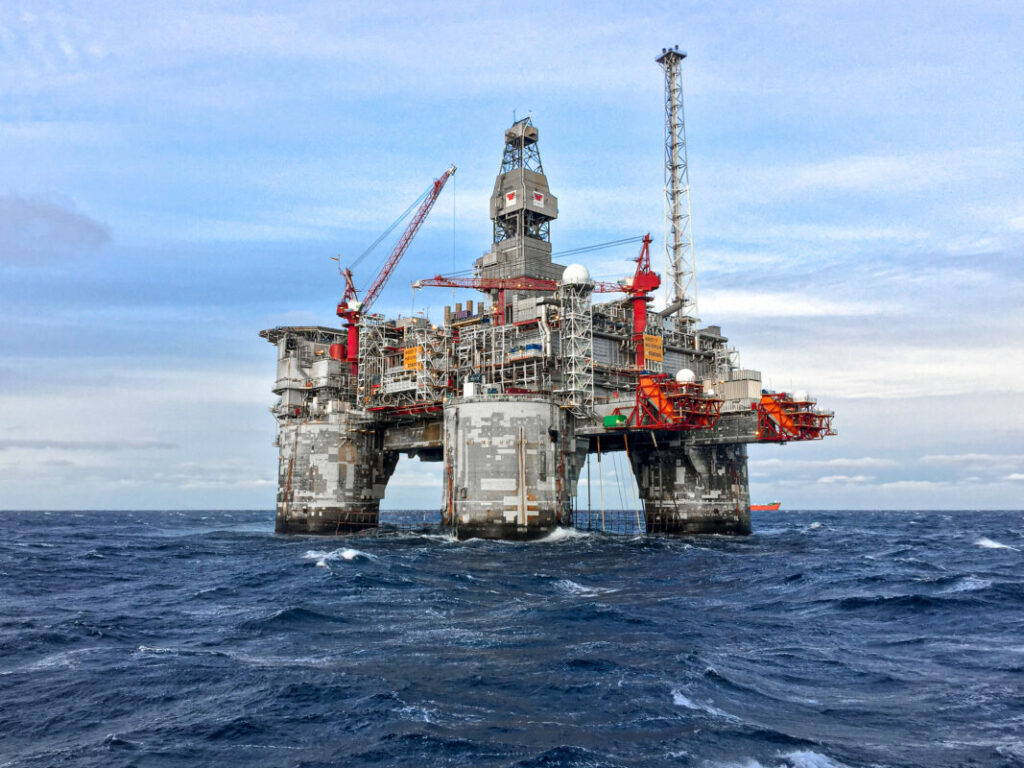A report released by the North Sea Transition Authority (NSTA) has found that the North Sea oil and gas industry spent £1.6 billion on decommissioning in 2022.
According to the report dubbed Decommissioning Cost and Performance, the majority of funds have been used to remove redundant oil wells in addition to infrastructure. The industry has also spent a total of £8 billion from 2017 to 2022 on decommissioning assets.
Despite the startling figure, this is a positive for the industry. Many of the decommissioned assets can be repurposed for various means including clean energy generation, which could bolster energy security and renewable generation capacity, as well as provide support for supply chains.
The rollout of clean energy is also impacting the costs associated with decommissioning. Offshore wind, hydrogen and carbon capture and storage (CCUS) use the same resources that support oil and gas decommissioning meaning there is increased competition and so this is increasing the overall cost base for the industry.
Because of this, NSTA stated that the estimated cost for full decommissioning has now reached £40 billion.
In fact, the report states that “activity levels are expected to remain high, with about £2 billion a year forecast to be spent on decommissioning in the next decade, a massive opportunity to keep developing skills and experience in the basin and help the supply chain win lucrative contracts overseas by reinforcing its status as a global leader”.
The report also highlights the work industry has been making in terms of the North Sea Transition Deal pledge. This introduced several targets to reduce greenhouse gas emissions from upstream oil and gas activities through supply decarbonisation, against a 2018 baseline.
Encouragingly, the report states that “UK suppliers are in line to secure around 70% of the work associated with UK North Sea decommissioning projects listed in Supply Chain Action Plans (SCAPs) lodged with the NSTA last year”.
Pauline Innes, NSTA director of supply chain and decommissioning, said: “The North Sea decommissioning sector is highly active and productive, and the industry is ideally placed to realise the massive £21 billion opportunity which will come its way over the next 10 years.
“However, operators must redouble their commitment to collaborate with the supply chain and plan even more effectively if they are to overcome challenging market conditions and remain competitive on cost. The NSTA will continue to use its powers and influence to support the industry as it strives for continuous improvement, including through the development of new benchmarks.”





